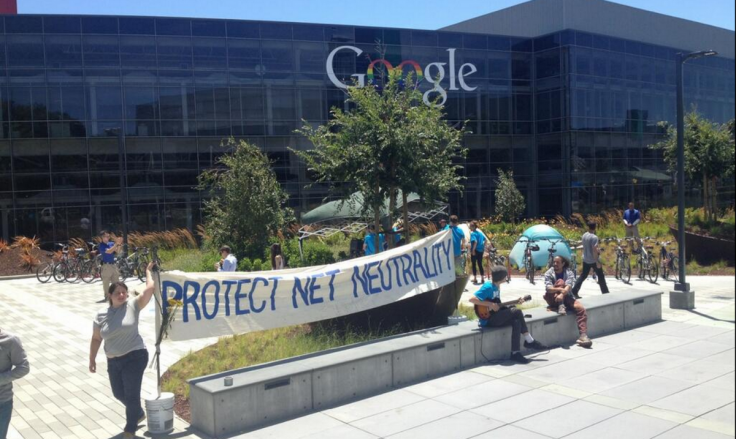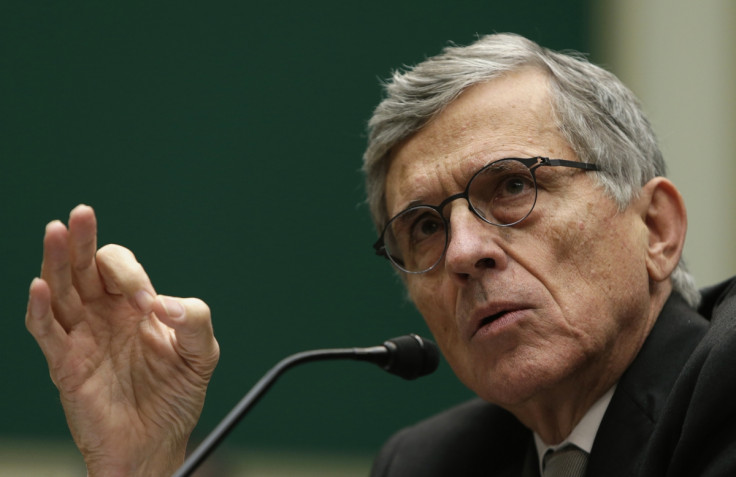Net Neutrality: Three Million Comments Submitted to FCC But What Now?

Over three million comments concerning the controversial proposals for a "two-speed internet" were received by US regulation watchdog the Federal Communications Commission (FCC), making it the most contentious subject in the agency's history.
The amount of submissions sent from consumers, companies and advocacy groups topped even Janet Jackson's infamous wardrobe malfunction at the 2004 Super Bowl, which attracted 1.4 million complaints.
The debate on net neutrality - the concept that all web traffic should be treated equally - centres around rules that could allow internet service providers (ISPs) to create "fast lanes" for websites willing to pay for faster data speeds.
The public response to FCC chairman Tom Wheeler's proposals that would end net neutrality were so overwhelming that the FCC had to extend the comments period by almost two months.
But now that the public comments period has ended what happens to Wheeler's proposals?

The next steps
The FCC now plans to hold a series of public workshops over the coming weeks in Washington to discuss the legal aspects of the rules.
These will be streamed online for anyone to follow and will carry on until early October, during which time members of the public will be able to submit further comments to the FCC by email and through social media outlets like Twitter.
There is no formal deadline for the new net rules to be put in place and it will most likely be November or later before any vote is made by the five-member FCC.
Wheeler has stated, however, that he wants to act quickly to put new rules in place, as currently there is a gap in the law with regards to net neutrality.
Internet under threat
Regulations regarding net neutrality were first enacted in 2010 by the FCC, however the US ISP Verizon caused the rules to be made redundant through a separate ruling earlier this year.
Advocacy groups like the Internet Association, which includes major tech firms like Google, Facebook and Amazon, have vocalised their concerns about the implications of not having sufficient rules in place to protect net neutrality.
"The commission must act to protect its open and neutral architecture, which is the force behind the internet's success," the group said in a statement.
"The internet is threatened by broadband internet access providers who would turn the open, best-efforts internet into a pay-for-priority platform more closely resembling cable television than today's internet."
© Copyright IBTimes 2025. All rights reserved.






















